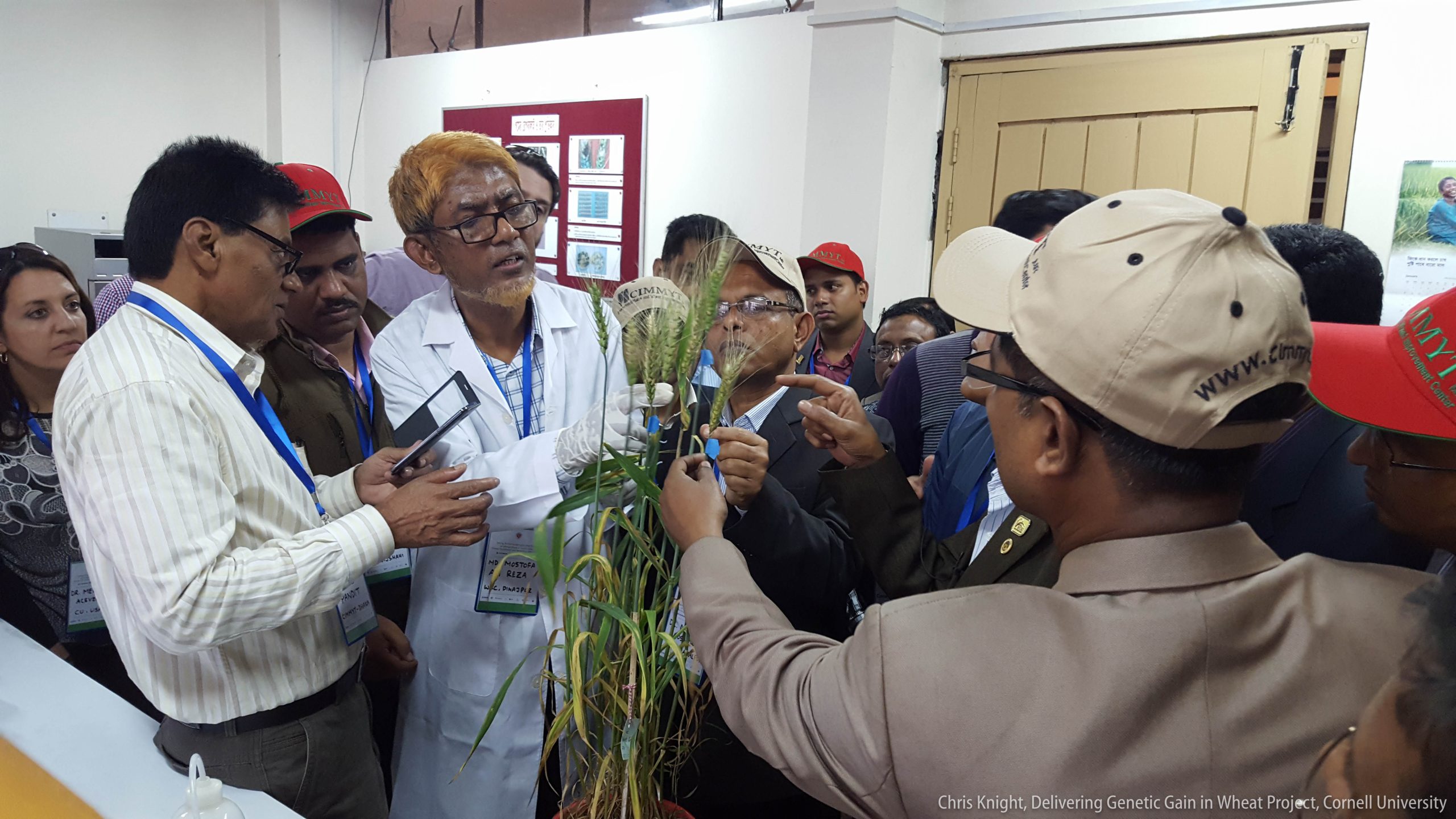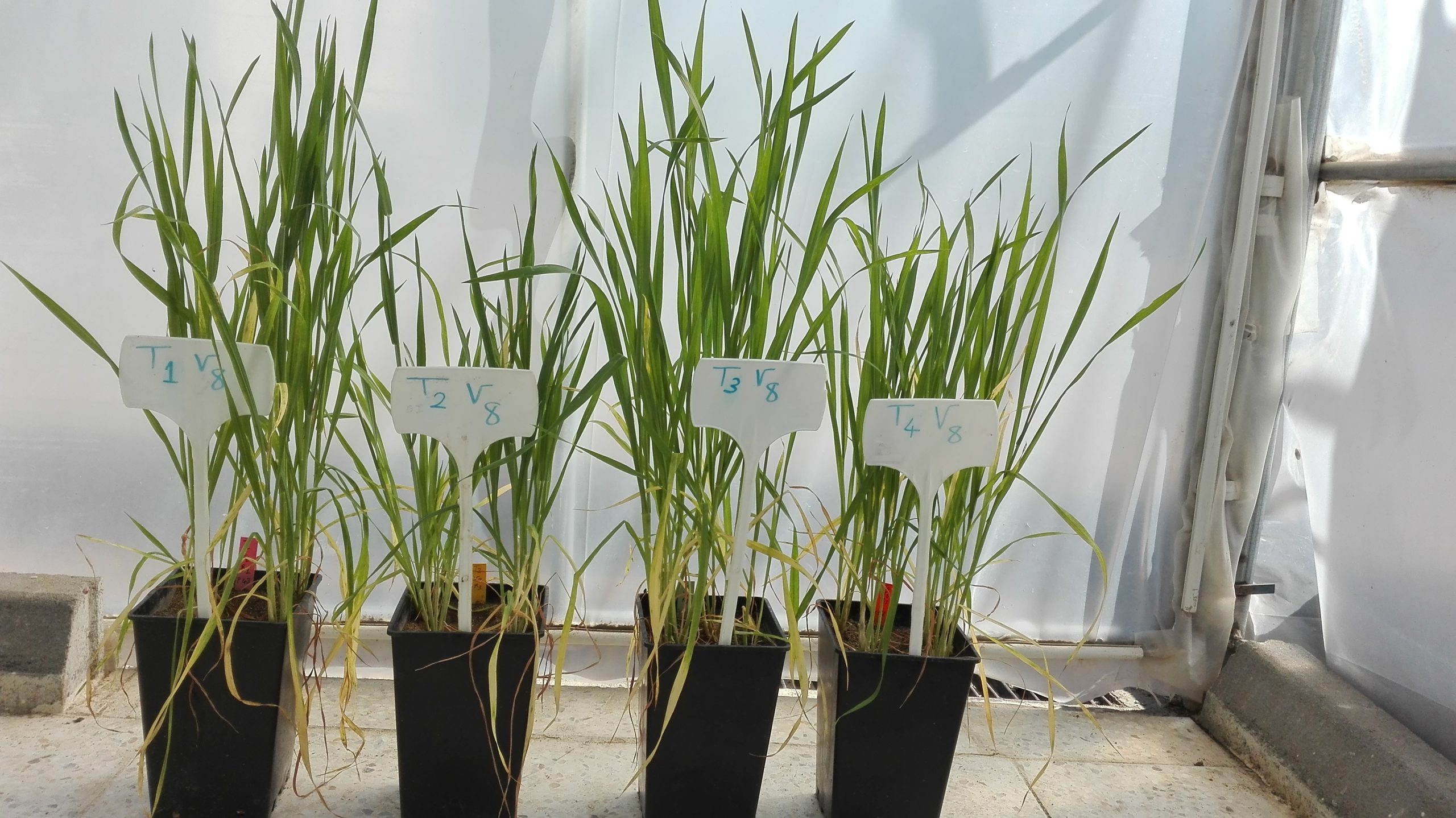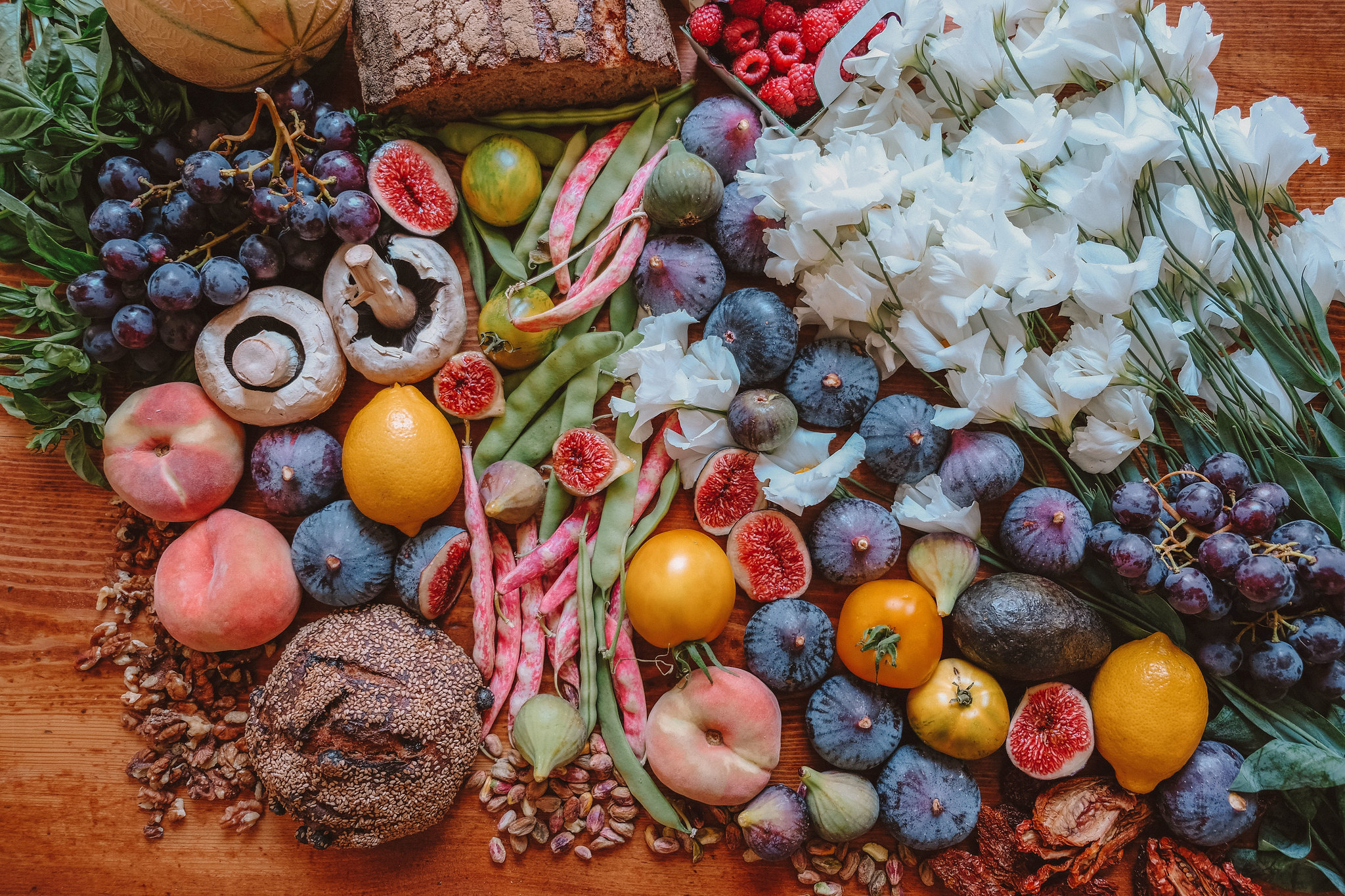Year: 2022
New publications: Genome-wide breeding to curtail wheat blast
 Environmental health and biodiversity
Environmental health and biodiversity
Researchers evaluate the use of genomic selection in wheat breeding against deadly fungal disease.
How interactions among hidden enemies and drought effects grain yield and disease severity in bread wheat
 Environmental health and biodiversity
Environmental health and biodiversity
CIMMYT scientists in Turkey investigated the effect of soil borne diseases individually and in combination with drought on morphological and physiological traits in wheat germplasm.
Climate change slows wheat breeding progress for yield and wide adaptation, new study finds
 Climate adaptation and mitigation
Climate adaptation and mitigation
Increasingly unpredictable weather poses challenges for breeding widely-adapted wheat lines, but stress tolerance breeding is boosting wheat’s hardiness under rising temperatures.
Fruits and vegetables are essential, but there are three reasons why it takes cereals to feed the world
 Climate adaptation and mitigation
Climate adaptation and mitigation
In addition to macronutrients and micronutrients, staple cereals are important sources of bioactive food components.
Meet The Indian Researcher Helping To Solve The Deadly Aflatoxin Puzzle
 Nutrition, health and food security
Nutrition, health and food security
Source: Forbes (29 Dec 2022)
Pooja Bhatnagar-Mathur, a Principal Scientist at CIMMYT, says aflatoxin, a toxin produced from soil fungus and found in groundnuts like peanuts, is a serious public health and food safety problem around the globe.




